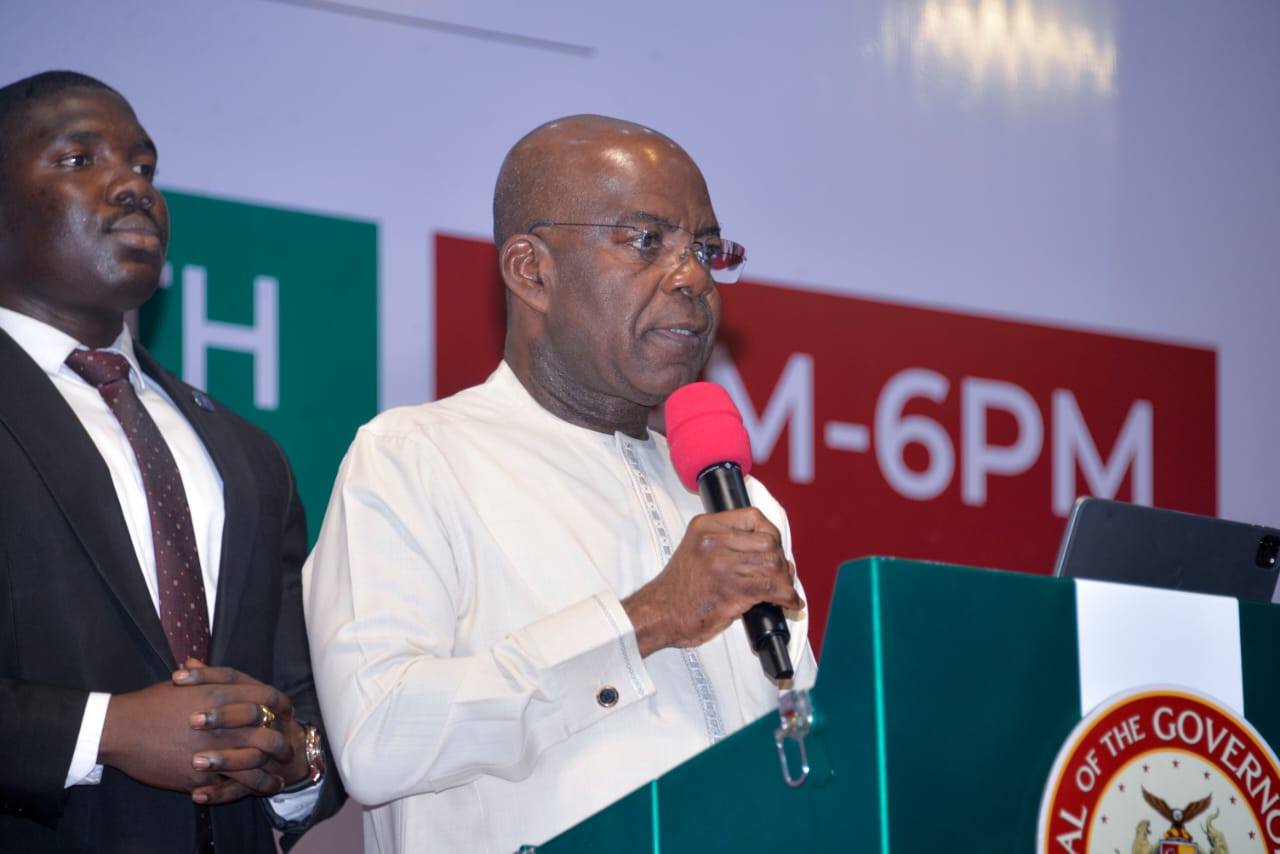James Emejo in Abuja
Legal luminaries have recommended the Alternative Dispute Resolution (ADR) in resolving tax related issues rather than resorting to legal actions.
They said going through court processes appeared to be adversarial to the objectives of taxation to citizens.
The experts spoke at the TaxADR Roundtable 2025 with the theme, “Unlocking Revenue and Strengthening Dispute Resolution: A roadmap to Tax ADR in Nigeria”, in Abuja.
Professor of Commercial Law, Veritas University, Bwari, Abuja, Prof. Paul Idornigie, said, “We believe the traditional litigation approach is time-consuming, costly, and adversarial.”
Giving an overview of the ADR landscape in the country, he said one of the benefits of ADR was time saving.
He said, “Where I come from, we say that when you go to court, you rarely come out smiling. In some cases, people become enemies for life. But when you negotiate, mediate, or arbitrate, you come out shaking hands. In other words, the relationship is preserved. So, for me, I say: arbitrate, not litigate.
Idornigie, a former Chairman of the Chartered Institute of Arbitrators (CIArb), Abuja Chapter, said, “One of the benefits of ADR is time. For example, to qualify as a high court judge, you only need 10 years post-call experience—no specific litigation practice required.
“But in ADR, training is essential. You can’t just be anyone. While it’s true anyone can negotiate, not everyone can mediate or arbitrate effectively without training.”
On the other hand, he defined arbitration as a process where a neutral party—appointed by agreement—resolves disputes by issuing an award.
According to him, a unique feature of arbitration is party autonomy – “parties choose how the arbitration proceeds, the number of arbitrators, the rules, and even who gets appointed”.
He said, “In contrast, in court litigation, you can’t choose your judge. But in arbitration, you have control. You can appoint someone you trust—though this doesn’t mean appointing your friends.
“Arbitration demands professionalism and impartiality. Many lawyers wrongly assume that because they’re senior advocates, they are naturally qualified arbitrators. Training is still essential. Arbitration is grounded in fundamental principles.”
Further highlighting the benefits of embracing arbitration, Idornigie said the concept often includes binding processes outside the courts.
According to him, “The national tax policy encourages the use of ADR. So which process under ADR can we use for tax disputes? We propose negotiation—because everyone negotiates. When a taxpayer files a notice of objection and is invited to bring their books, that’s already a negotiation. We’re just trying to formalise it.”
Also addressing the august meeting, Chair, CIArb, Nigeria Branch (UK), Mrs. Olusola Adegbonmire, spoke on mediation as yet another alternative to avoid the courts.
She stressed the need for tax professionals to be formally trained as mediators, noting that this would go a long way in resolving tax disputes effectively.
She emphasise the value proposition for tax authorities to create ADR units composed of professional ADR practitioners—much like legal departments staffed with lawyers, stressing that in the same way, these units should focus on resolving tax disputes through ADR mechanisms.
She said tax authorities like the FIRS can adopt mediation-friendly strategies.
“We’re not necessarily suggesting arbitration at this point, but mediation and negotiation are both powerful tools already in use,” she said.
She said, “When tax officers visit your office, what they often do is start negotiating. It may not be formal mediation, but it’s essentially the same in spirit. I believe it’s time for tax professionals to be formally trained as mediators. This would go a long way in resolving tax disputes effectively.”
However, Founder/Convener of the roundtable, Mr. Lateef Yusuff, said the meeting came on the heels of several landmark developments, including the recent reform of Nigeria’s tax legislation, the enactment of the Arbitration and Mediation Act, and the introduction of the National ADR Policy-signed by the Minister of Justice, Prince Lateef Fagbemi.
He pointed out that these developments provided a strong legal and policy foundation for the integration of ADR into the country’s tax system.
He added that the objective of the roundtable was to begin laying the groundwork for a structured, transparent, and accessible TaxADR framework-one that strengthens revenue administration, fosters trust between taxpayers and the state, and reduces our reliance on costly, adversarial litigation.



